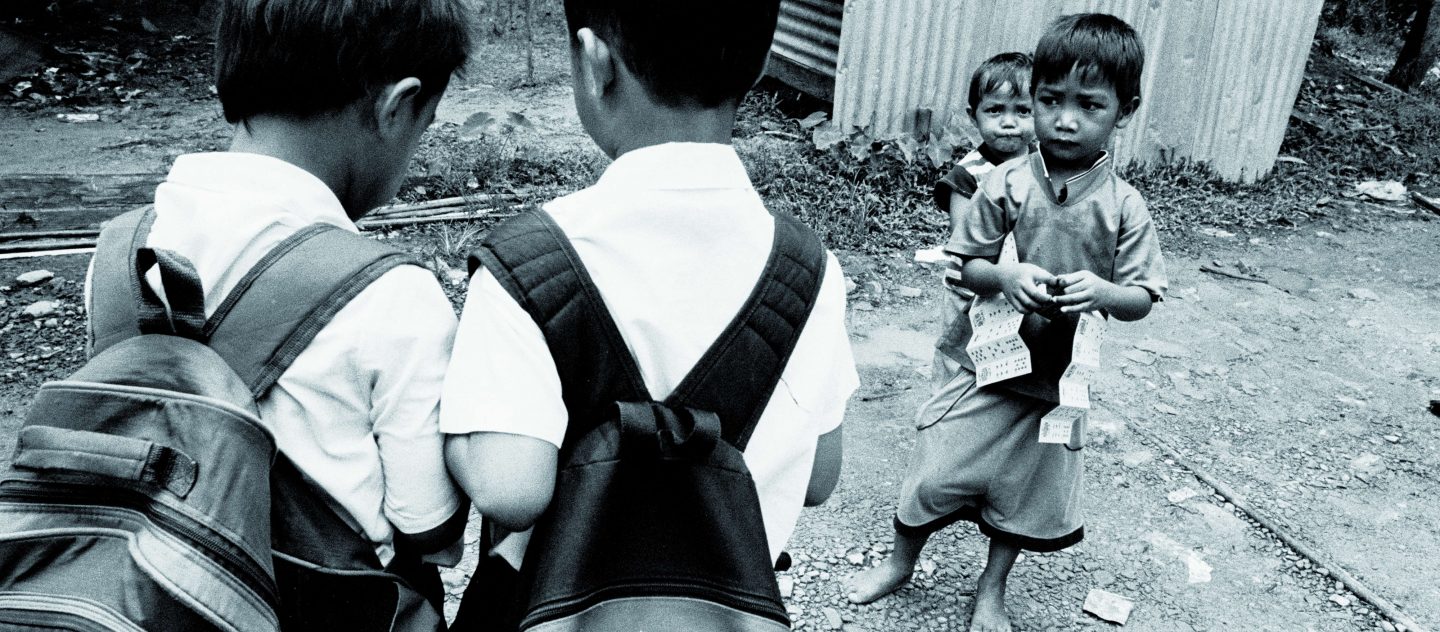Although Indonesia is currently not a State party to the 1954 Convention relating to the Status of Stateless Persons or the 1961 Convention on the Reduction of Statelessness, Indonesia has made significant progress in reforming its nationality law and relevant policy. The Government of Indonesia has adopted several proactive measures to reduce and prevent statelessness, in particular the 2006 Nationality Law that abolished discriminatory provisions and introduced important reforms to the process of confirming or acquiring citizenship.
UNHCR operationalizes its statelessness mandate in Indonesia by carrying out activities to identify possible stateless populations and to address gaps in the law that may lead to statelessness. The Office promotes the issuance of birth and marriage certificates and the acquisition of citizenship. Toward these goals, UNHCR is engaged in joint efforts with relevant government counterparts – primarily the Ministry of Law and Human Rights and the Ministry of Home Affairs – as well as NGOs, UN agencies (UNFPA and UNICEF), and civil society organizations, with the aim of jointly identifying and addressing barriers to effective birth registration as a measure to prevent statelessness.

